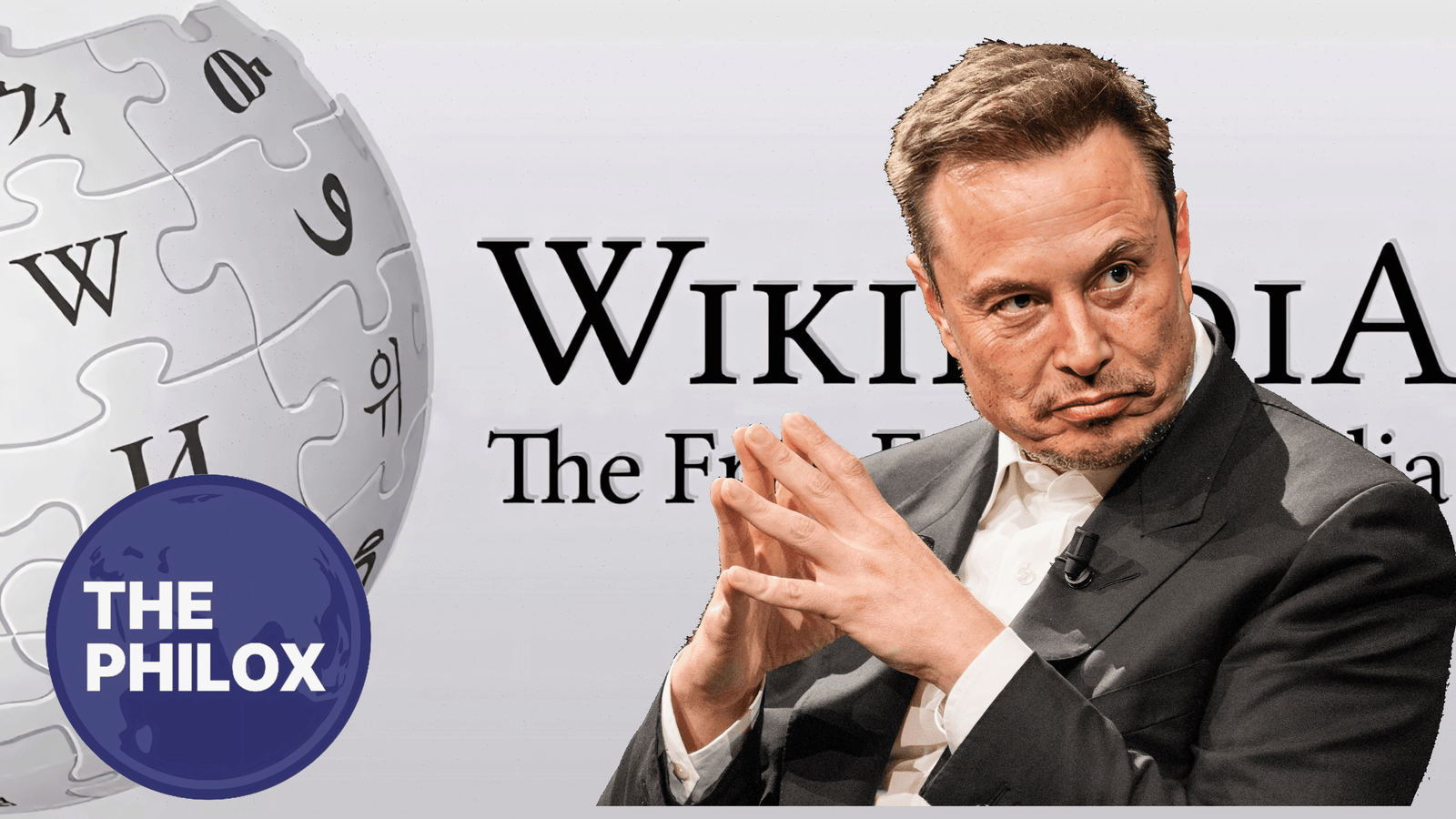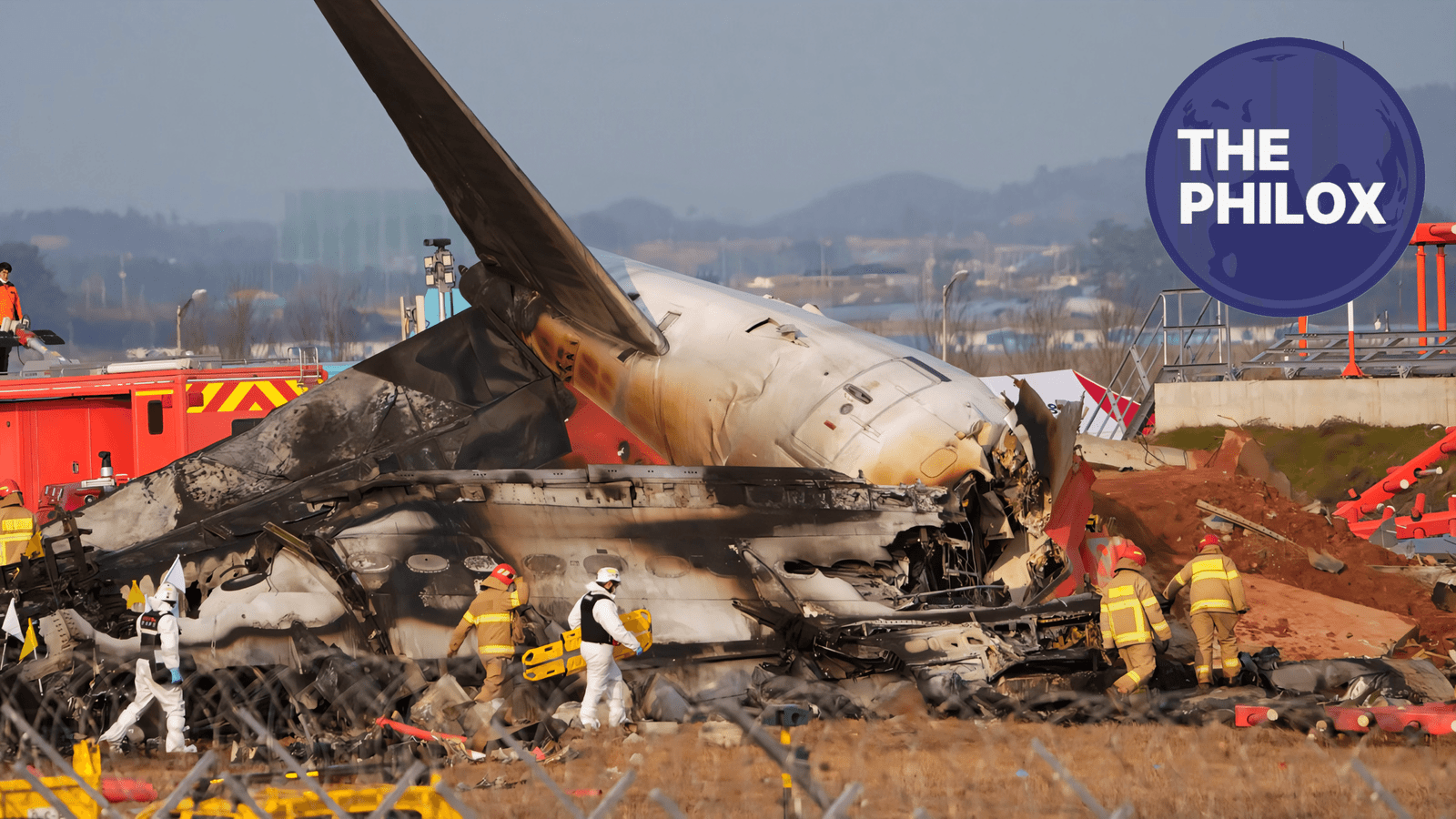The world of medicine is shaken by a massive new rule: In the near future, the price of all imported branded and patented drugs entering the United States will come with a 100 percent tax. This reform as declared by the present government aims at compelling the pharmaceutical companies to locate their plant in America but this action raises a significant concern to the medication prices to the patients.
The new scheme is easy but effective. President Trump has announced that as of October 1st, he will impose a huge tariff of 100 percent, or a name-brand tax, on all of the branded (name-brand) and patented medicine imported into the US by other nations.
This implies that the price of importation of these valuable and sometimes costly medications will skyrocket overnight.
Why is This Happening?
The primary purpose of this theatrical step is to return pharmaceutical production to the American soil. The President told us that the only way that a firm is going to escape this gigantic tax is if they are busy constructing their Pharmaceutical Manufacturing Plant in America.
According to the rule, IS BUILDING implies that the company has to have broken ground on a new factory in the US or that the construction on the new factory is underway.
According to the government, this policy will not only benefit American workers, reduce the country’s reliance on foreign nations in terms of the essential medicines, but also address the issues with the drug supply chain.
The American Patient Problems.
The end result of this is to generate employment and safer supply chains in the US, but the immediate concern is what it will entail to the everyday man in the US who requires medicine.
The drug market already has branded and patented drugs, which are the most expensive. The threat of a 100% tax on the cost of import makes them even more expensive.
- Higher Prices: The drug companies that make their patented pharmaceuticals now out of the country will have an option. They could either eat the 100 percent cost of the new tariff- which would smother their profits- or they could transfer these costs to American patients and health insurance firms. Analysts suppose that a large portion of this additional expense will be imposed on the consumers.
- A Crisis of the Uninsured: Millions of Americans with no health insurance already pay full price of their drugs. To them, a 100 percent increase in the cost of a life-saving drug would be devastating to them financially.
- Costs of Insurance may increase: Even individuals with good health insurance may experience increased costs. Massive quantities of medicine are purchased by the health plans and hospitals. When their purchase prices increase twice, they will most probably increase the cost insurance premiums, co-payments, and deductibles to all.
- The Fear of Drug Shortage: According to some experts in the industry, the fast and high tariff will cause supply chain issues, and they might result in short-term unavailability of some essential or special medicines.
Who Is Safe (For Now)?
One should know what the new rule does not take care of.
- No relief to Generic Drugs: It is only branded and patented pharmaceutical products that will be subject to the new tariff. It is massive since the majority of medicines consumed in the US are generic drugs, the cheaper, off-patent versions. India is a leading source of generic medicine and its exports are not subject to this 100 percent tariff, at least not yet.
- Building Companies: Drugmakers already in the process of building a new plant in the US will not have to pay the tariff. It is how the government is rewarding the already-compliant companies. A lot of the large drug corporations in the world have already announced, or began immense construction projects in the US, in anticipation of this very type of rule.
A Worldwide Ripple Effect
Having a new tariff is not only an American concern, but a worldwide issue.
- Mostly Affected European Giants: The European nations which produce the most expensive, innovative, and patented drugs are most likely to be the ones which are hit hardest. Countries such as Ireland, Switzerland, and Germany make billions of dollars by exporting these high-value medicines to the US on an annual basis. This will be the most direct pressure upon their companies.
- Stock Markets React: The world stock markets of pharmaceutical firms dropped instantly due to the news of the tariff. Investors got shaky at this huge new expense and the uncertainty that this rule generates.
The Big Picture: There is a Push to “Reshore”
It is the most aggressive measure so far taken by the government in its attempt to reshore or re-establish major manufacturing sectors to the US.
It is a belief that the nation does not need to rely on others to obtain other essential things like advanced medicine. This harsh pressure is what the government feels they need in order to get companies to go rapid and invest in constructing American factories.
Nevertheless, executives of the drug industry have said that they feel like producing more in the US but tariffs are not the solution to achieving this goal. It is argued that tariffs increase costs to patients, and long-term policies and better tax regulations would be a more responsible and intelligent approach to increase American production without patient harm.
What Happens Next?
The 100 percent tariff will commence on 1 st October. Companies will be scurrying in the brief period before that to determine what to do next.
Patients, politicians will be looking on with bated breath to determine:
- Will there be an instant doubling of prices of popular branded medicines?
- Will the drug companies scramble to declare new factories construction in order to receive the exemption?
- Will the tariff be put in court or shall the government give clarification on the rules?
To millions of Americans, this new tariff shock is not merely a business press story, but a concern over the future price of their health and life. This drastic measure will reveal whether the manufacturing jobs will not come back or the medicine will become extremely expensive in the next few months.









2 thoughts on “Trump’s 100% Tariff Shock Hits Branded Drugs”